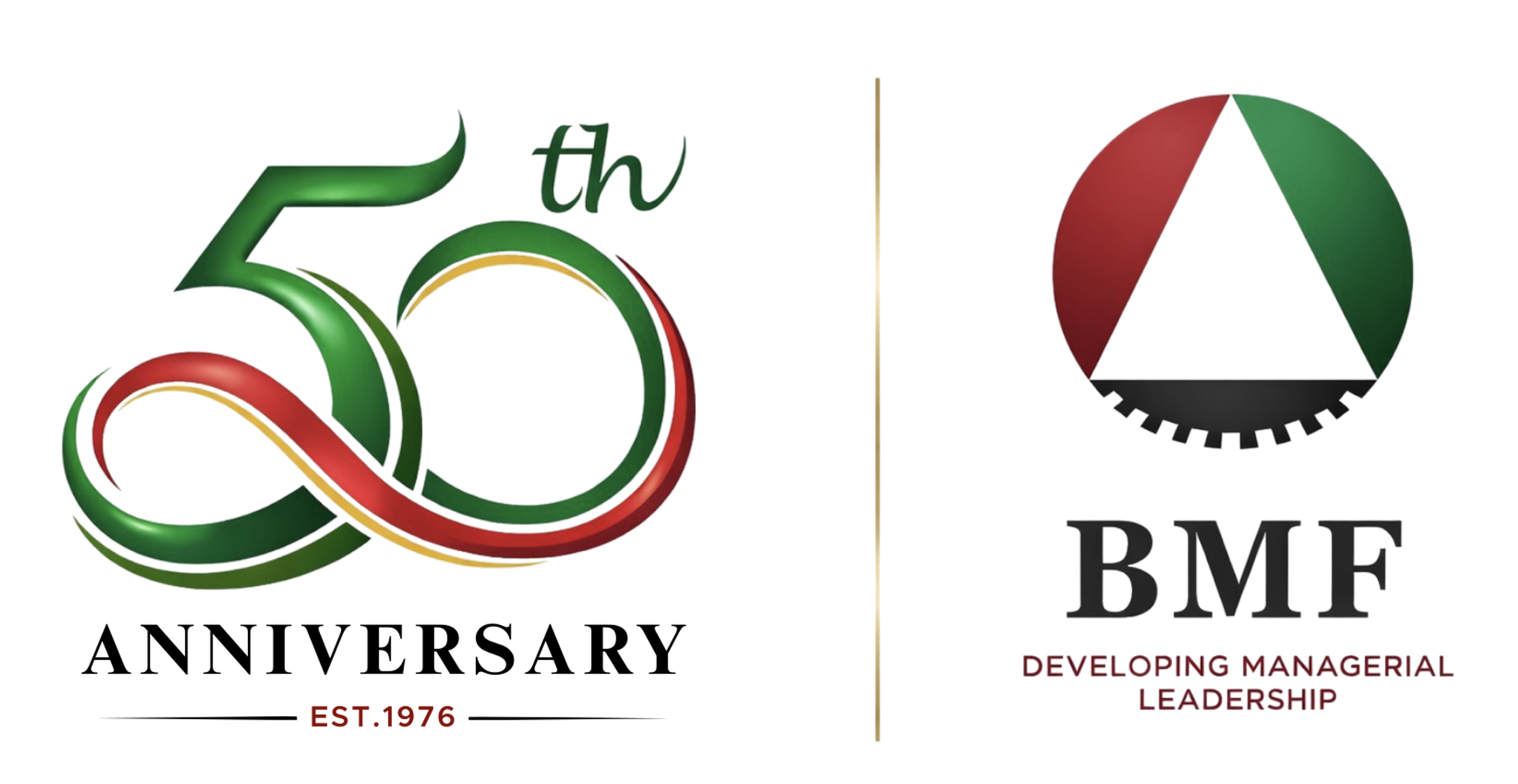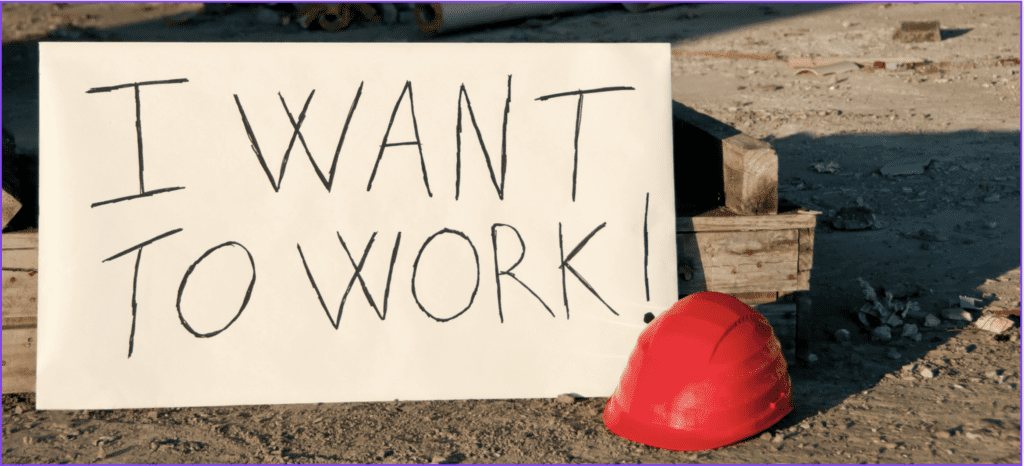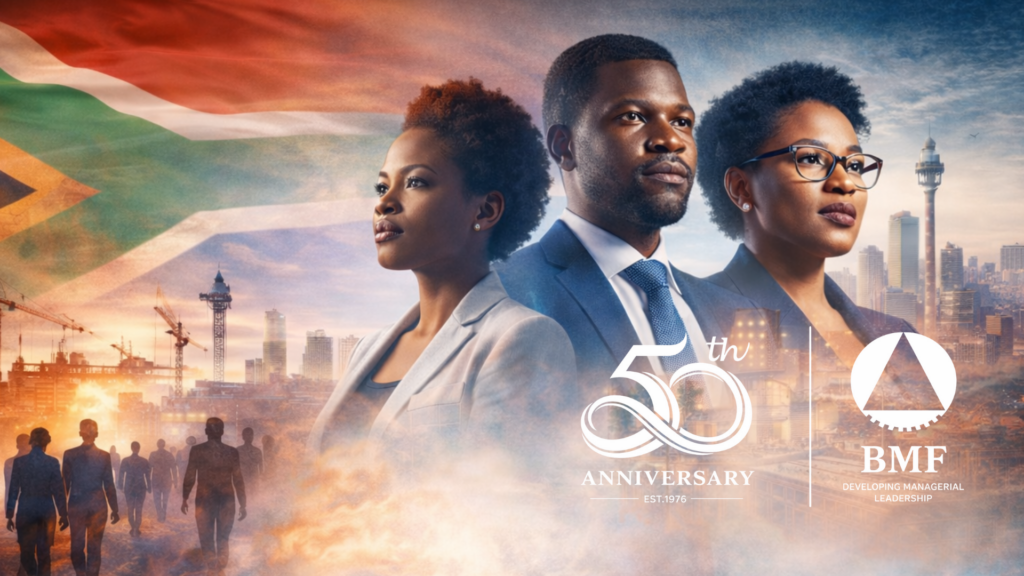Ignited to Lead: Youth as Catalysts of South Africa’s Transformation

This year marks 49 years since the Soweto Uprising. Despite commemorating the courage of the youth from 1976, who rejected an unjust education system and stood firm in the face of state violence, we must ask ourselves: why has the current generation’s fire dimmed? On 17 December 2010, the world shifted. At approximately 11:30 a.m, in a small town called Sidi Bouzid in Tunisia, 26-year-old Mohamed Bouazizi, sick and tired went to buy a can of petrol and set himself alight in front of the mayor’s office. His act was not an impulsive decision, but a calculated protest, a final, desperate scream against the daily indignities he endured as a young, frustrated and unemployed street vendor.
The events leading up to his death were the following: he had looked for work but didn`t find a job. He became a street vendor instead, and as a hawker, he was continually harassed by the police for not having a trading permit to sell his fruits and veggies. The police would solicit bribes and exhort him regularly. On the day he set himself alight, he was forced to borrow money to buy the produce. Subsequently, he did not have money to pay the bribe. A police officer slapped him in the street, spat on him and overturned his vegetable cart. The young man went to the local authorities to lay a complaint but was not given attention. He then proceeded to buy petrol and returned to the same office. 18 days later, Mohammed Bouazizi died of severe burns.
In South Africa today, the circumstances that led to Bouazizi setting himself alight typify the daily struggle of millions of young people. The experiences of confronting unemployment; the lack of economic opportunities; an out-of-touch government; arrogant and corrupt government officials; and a rising tide of public violence and GBVF are the order of the day. Bouazizi made a tragic choice that ignited a revolution. Within days, Tunisia was engulfed in protests. Within weeks, regimes across the Arab world began to crumble – leading to what became known as the Arab Spring. That fire was more than literal, it was symbolic of a generations pain, anger, and refusal to remain silent.
A Generation on the edge
South Africa’s youth unemployment rate remains the highest in the world, 45.5% for those aged between 15–34, as reported by Stats SA. Each year, over 500,000 graduates enter the job market with little hope for formal employment. This is not merely a crisis of jobs, it is a crisis of dignity, of purpose and of agency. Young professionals, many of whom have successfully navigated the difficult path of education and employment, cannot afford to detach from this broader crisis. Privilege must not lull us into complacency. The stakes are too high. We are not spared of the ripple effect of a disillusioned and disempowered youth majority. If we remain passive, we risk being complicit in our own undoing.
This Youth Month, I call on us as Young Professionals to interrogate our role and contribution in transforming the society for the better. We also need to rethink how best we can package the value we are bringing to nation. At the forefront of the unjust apartheid era, were young professionals who looked beyond self-interest. We must turn our attention outward, beyond career ambitions and lifestyle aspirations. Leadership in our time does not require a burning body, but it does demand a burning conviction. As professionals, creatives, entrepreneurs and activists, we must confront a hard truth: the time for waiting is over. The baton is in our hands. Our inheritance is not comfort but a great responsibility.
The call of our time is to not just “make it,” but to make it matter in the following ways:
- Corporate Courage: Young professionals within corporate South Africa must become whistleblowers against racism, sexism, and corruption—not silent beneficiaries of broken systems. Ethical leadership must become our brand.
- Digital Activism with Depth: We must repurpose our digital fluency for civic transformation. The same tools that drive influencer culture can amplify accountability, promote youth dialogue, and build local movements.
- Cultural Renewal through the Arts: Our artists, poets, designers, and musicians must become the conscience of our generation. Let our art reflect not only our pain, but our potential. Let it shape identity, heal trauma, and restore dignity.
- Family Restoration: To my gender, brothers, let us be a generation that denounces fatherlessness but model responsible fatherhood. The fight for socio-economic justice begins in our homes, with presence, not performance.
I believe we are not a generation without fire, we are a generation that must choose where to burn. As Fanon puts it “each generation must, out of relative obscurity, discover its mission, fulfill it, or betray it.”
We need not self-immolate, but we must become catalysts. We must set ourselves on fire—figuratively, with a passion for justice, for dignity and for nation-building. The courage of Bouazizi, the resolve of Hector Pieterson’s peers, the dreams of a free South Africa, are not distant echoes. They are mirrors!
The path to socio-economic transformation is not paved by policy alone. It demands a generation willing to burn with urgency, integrity and vision. A generation unwilling to outsource its future. A generation unwilling to be pacified. This Youth Month, may we not only remember, but respond. Let us keep the fire burning.
Asante!

About the Author
Lebohang Matlabe is an entrepreneur, a Management consultant, Thought leader and Social Justice Activist. He is passionate about youth leadership development, political economy, and the mental liberation of Africa.






Responses